
views
Common & Popular Australian Last Names
In the 17th and 18th centuries, Australia was colonized by the United Kingdom. Because of this, many of the most common and popular surnames to this day have English, Irish, or Scottish origins. Here are some examples: Anderson (meaning: son of Andrew) Baker (meaning: bread maker) Bennett (meaning: blessed) Brown (meaning: brown-haired) Campbell (meaning: crooked mouth) Carter (meaning: cart driver) Chapman (meaning: merchant or trader) Clark (meaning: clerk or scholar) Cooper (meaning: barrel maker) Davies (meaning: son of David) Edwards (meaning: son of Edward) Ellis (meaning: kind or benevolent) Evans (meaning: son of Evan) Ferguson (meaning: son of Fergus) Graham (meaning: gravelly homestead) Grant (meaning: tall or large) Gray (meaning: gray-haired) Green (meaning: one who lived near the village green) Hall (meaning: from the manor) Harris (meaning: son of Harry) Jackson (meaning: son of Jack) Johnson (meaning: son of John) Jones (meaning: son of John) Kelly (meaning: descendant of Ceallach) King (meaning: ruler, monarch) Martin (meaning: of Mars, the god of war) Miller (meaning: one who works at a mill) Smith (meaning: metal worker) Steward (meaning: steward or keeper) Sullivan (meaning: dark-eyed) Taylor (meaning: tailor) Walker (meaning: cloth walker or fuller) Williams (meaning: son of William)
Unique & Rare Australian Last Names
While there are plenty of common Australian last names, there are many that are a bit uncommon, too. Some of these may be inspired by Aboriginal languages, while others pay tribute to historic Australians. Here are some examples: Banjo (inspired by poet Banjo Paterson) Barton (meaning: barley farm, after Sir Edmund Barton, Australia’s first Prime Minister) Bligh (meaning: joyful, linked to William Bligh, a colonial-era governor and captain) Bluegum (meaning: Australian eucalyptus tree) Coolibah (meaning: Australian eucalyptus tree) Flinders (meaning: arrowhead, after Matthew Flinders, who mapped Australia’s coastline) Goondiwindi (tied to a Queensland town) Jarrah (meaning: durable Australian tree) Jondaryan (from a historical pastoral station in Queensland) Kingsford (meaning: king’s ford, after aviator Sir Charles Kingsford Smith) Kookaburra (meaning: bird with a laugh-like call) Koombana (linked to Koombana Bay in Western Australia) Koora (meaning: rain) Mabo (a Torres Strait Islander surname, after Eddie Mabo, who fought for Indigenous land rights) Monash (meaning: monastery, after Sir John Monash, a WWI military leader) Murrumbidgee (inspired by the river in New South Wales and the Australian Capital Territory) Rosella (meaning: colorful native parrot) Tarkine (inspired by the Karkine rainforest in Tasmania) Waratah (meaning: a vibrant red Australian flower) Wattle (meaning: Australia’s national floral emblem)
Aboriginal Australian Last Names
Australia is home to hundreds of groups of indigenous peoples, each with their own language and culture. Historically, many of these people may not have had traditional surnames, but today, many last names are inspired by these cultures. Here are some examples: Araluen (meaning: place of the water lilies) Bindi (meaning: butterfly or little girl) Bunggul (meaning: ceremonial song and dance tradition) Cooba (meaning: willow tree) Corowa (meaning: songbird) Corroboree (meaning: sacred meetings or dances) Darwin (linked to Indigenous heritage in the region) Illawarra (meaning: high place near the sea) Jandamarra (meaning: lightning bolt) Jarrah (meaning: hardwood tree) Karri (meaning: significant tree in Noongar country) Kiah (meaning: beautiful place) Kulbardi (meaning: magpie) Kurrajong (meaning: shade tree) Lowanna (meaning: girl or woman) Juritja (rooted in the Central Australian Luritja language and culture) Mallee (meaning: type of eucalyptus tree) Maya (meaning: house or home) Minjerribah (meaning: traditional name for North Stradbroke Island) Ngata (meaning: eloquent) Nukara (meaning: the future, a future place) Talinga (meaning: waterhole or watering area) Tjukurrpa (meaning: Ancestral Dreaming, a core concept in some Aboriginal languages) Uluru (meaning: a sacred sandstone monolith) Wadjularbinna (meaning: protector or guardian) Yarran (meaning: just, the Australian acacia tree) Yirrganydji (meaning: a coastal rainforest people and their language)
Australian Surname History & Origins
Many Australian last names have British origins. In the late 18th and early 19th century, the United Kingdom used Australia as a penal colony for convicts. Because of this, many Australian surnames have English, Irish, and Scottish origins. These names were traditionally based on occupation, location or landscape, or family relation. Since then, people from other cultures have also settled in Australia. For example, people from China, Vietnam, and India immigrated there during the Gold Rush. These days, it’s become more common to hear surnames from other cultures.
Other surnames come from Aboriginal languages. Australia has a rich cultural heritage and is home to many indigenous peoples, collectively known as Aboriginal Australians. Many Australian surnames come from Aboriginal languages and are often inspired by nature.











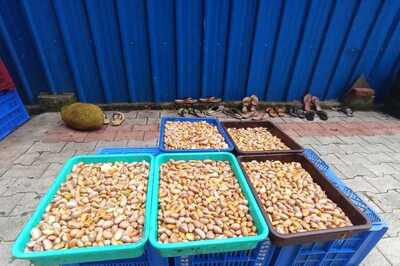
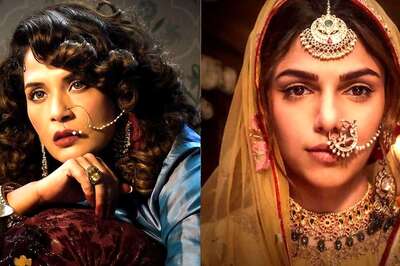
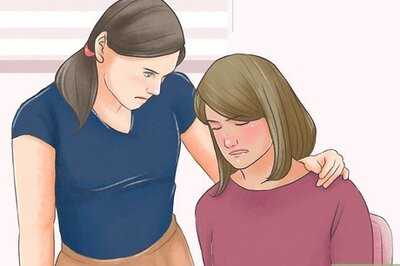


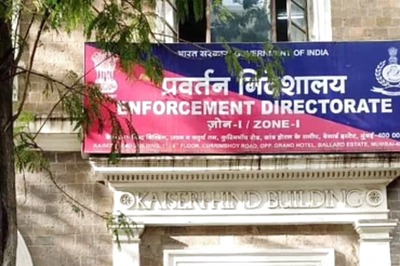
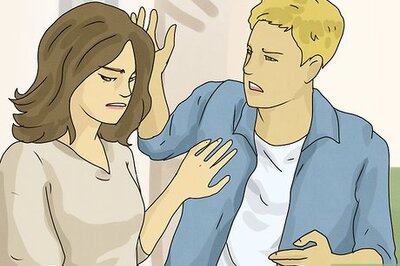
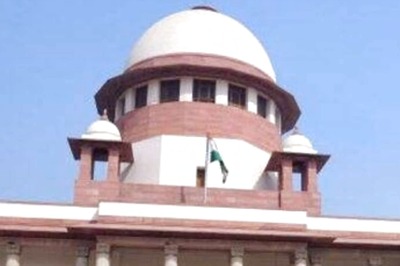

Comments
0 comment